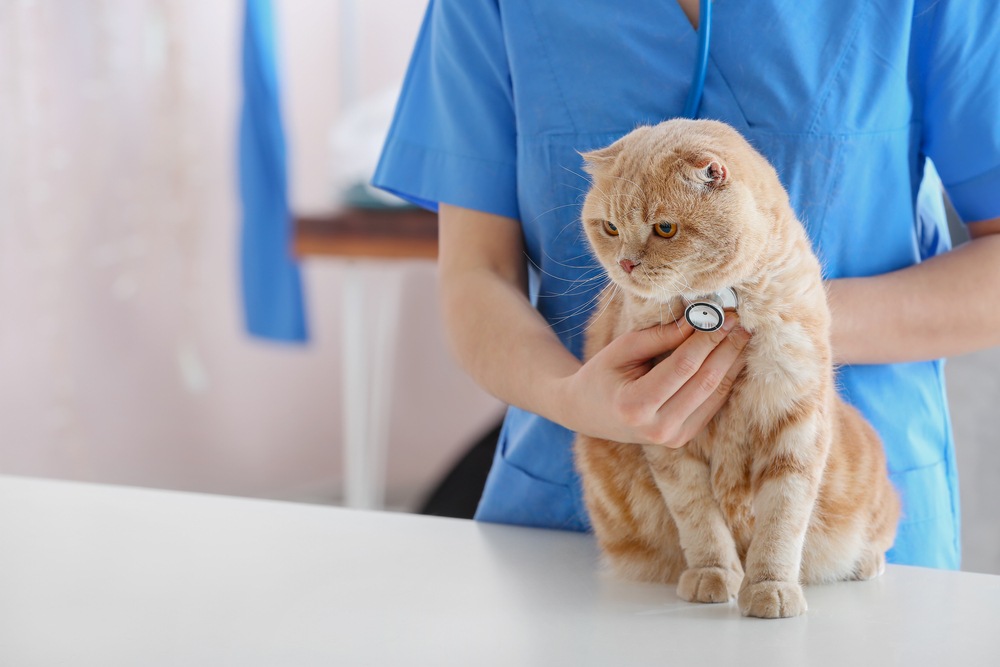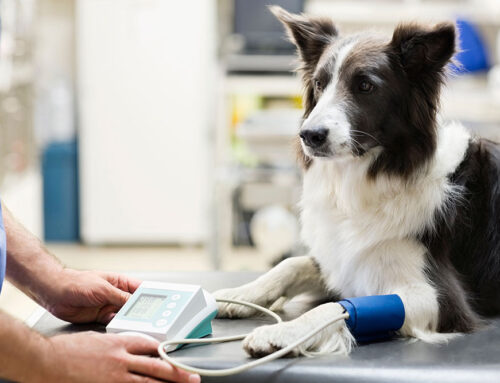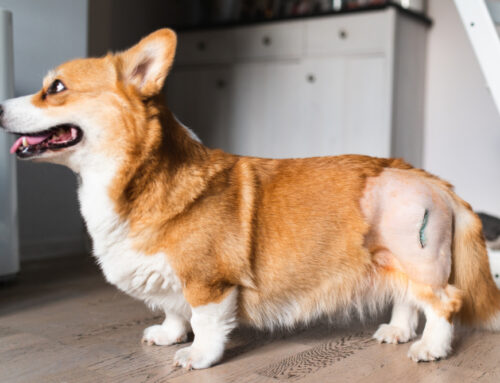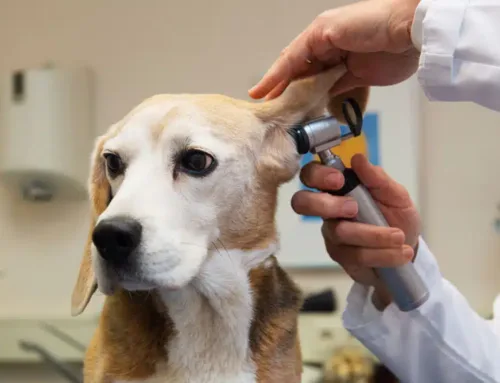In people, coughing can be irritating, and prevent us from resting comfortably when we’re sick. Despite the discomfort, coughing serves an important function—to clear the airways of mucus and debris. Pets cough for the same reasons, and experience the same discomfort. How do you know if your pet’s cough is a minor, or more serious, problem? Acute, mucus-producing coughs generally do not need treatment other than addressing the underlying—typically infectious—cause. Other types of cough may have more sinister origins, and should be investigated and treated. Your Fairfax Veterinary Clinic team outlines the most common causes of coughing in pets, and what to do if your pet starts coughing.
Common reasons your pet may be coughing
Many diseases and infections can cause coughing in pets. Here are the most common culprits:
- Irritants — Cats are especially susceptible to environmental irritants, so smoke, litter dust, air fresheners, or cleaning chemicals can cause them to cough. Removing the offending substance usually resolves the problem.
- Infections — Dogs frequently experience cough-producing respiratory infections caused by a variety of pathogens, whereas cats are only occasionally affected. Viruses, bacteria, fungi, and parasites can invade the lungs and airways, producing inflammation and increased respiratory secretions. Kennel cough and canine influenza are common infectious causes of cough. In our region, we also see a fungal disease called valley fever, which can be serious or life-threatening. Infectious cough treatment is aimed at eliminating the causative organism.
- Asthma and chronic bronchitis — These chronic respiratory diseases occur in cats and dogs. Cats can be diagnosed at any age with asthma, which causes wheezing and coughing because of chronic inflammation in small airways. Dogs that develop chronic bronchitis are typically older, and a cause is not always identified. Pets with these diseases are managed with long-term anti-inflammatory, inhaled, or cough suppressant medications.
- Structural issues — Older dogs can develop a collapsing trachea, which is common in small-breed dogs, or laryngeal paralysis, common in larger breeds. Mild cases may require activity modification, medications, or no treatment. More severe cases predispose pets to developing secondary complications, such as aspiration pneumonia, or complete airway obstruction—a life-threatening emergency. These cases may require surgery.
- Heart disease — Heart disease occurs in cats and dogs, but coughing is typically associated with only the canine form. Heart conditions result in coughing because of fluid buildup in the lungs, or an enlarged heart pushing against the trachea. Heart disease is progressive, but treatable to some degree with medications.
- Cancer — Heart or lung cancers can result in coughing because of mechanisms similar to heart disease. Cancers located in other parts of the body also commonly spread to the lungs. Depending on tumor type and location, cancer may or may not be treatable.
- Heartworm disease — Mosquitoes transmit heartworm larvae through a single bite, and the larvae then mature over several months, and migrate to their final destination—the blood vessels around your pet’s heart and lungs. Heartworms can grow up to a foot long, and dogs may host hundreds, while cats host only a few. Heartworms cause coughing because they create significant inflammation and irritation in the lung tissues. Heartworm disease can be treated in dogs, but treatment is expensive and painful, so the disease is best prevented using cost-effective monthly medication. Treatment options for cats are limited, so prevention is key.
- Foreign bodies — Occasionally, pets may inhale an object or plant material that migrates into the airways or lungs. Foreign bodies cause inflammation and subsequent coughing, and must be removed with a scoping procedure or surgery.
How to prevent coughing in pets
Some coughing causes in pets are preventable. If you have a cat, use a low-dust litter and be mindful of household chemicals—keep irritants to a minimum. If your cat is exposed to mosquitoes, consider a monthly heartworm preventive. For dogs, vaccines can prevent or reduce the impact of several respiratory illnesses, so keep them up-to-date on distemper combination, bordetella, and influenza vaccines. Be aware that multiple organisms can cause infectious “kennel cough,” so your vaccinated pet may still contract a cough from social situations, such as daycare, dog parks, or boarding. Ensure your dog receives monthly heartworm preventive medications year-round.
When your pet’s cough isn’t a cough
Does your pet have spells of forceful inhalations, or appear to be gasping rhythmically? This may actually be something called a reverse sneeze. Pets sneeze normally like people, but they may also sneeze backwards, inhaling, instead of forcing out, the irritant. Reverse sneezing, like regular sneezing, is totally normal, but may signal a problem, if frequent. If you’re not sure exactly what your pet is doing, look at a video of reverse sneezing, or take a video of your pet to show your veterinarian.
When to visit your veterinarian for your pet’s coughing

If your pet only recently started coughing, but appears to be doing well otherwise—eating, drinking, and acting normally—it’s OK to wait a few days to see if the cough resolves. Don’t give any over-the-counter medications to suppress the cough, unless directed by your veterinarian. If the cough worsens or does not resolve after a week, or your pet develops other illness signs, such as difficult or rapid breathing, appetite loss, lethargy, vomiting, or diarrhea, call your veterinarian for an appointment.
Coughing can be a normal part of life, but can also signal a problem for your pet. If your pet has developed a bothersome cough, call us to schedule an appointment with your Fairfax Veterinary Clinic team.








Leave A Comment